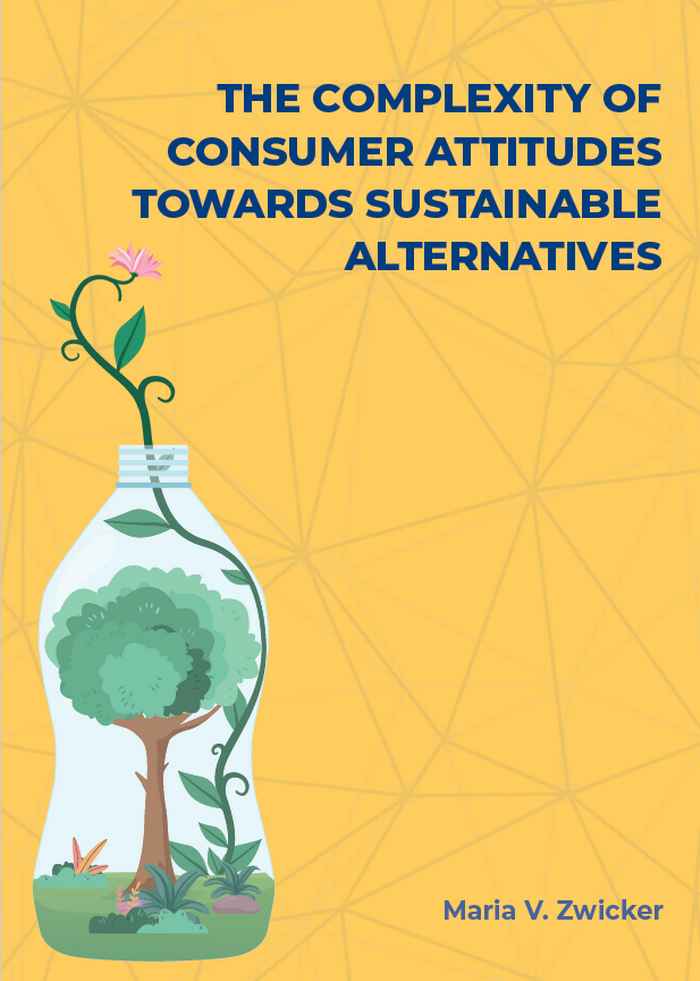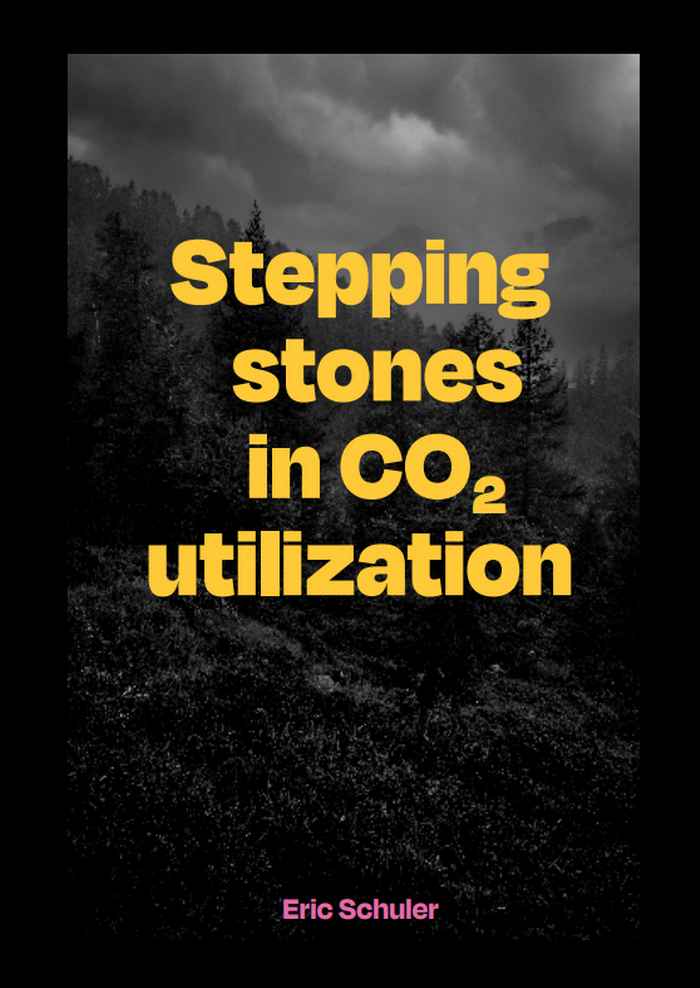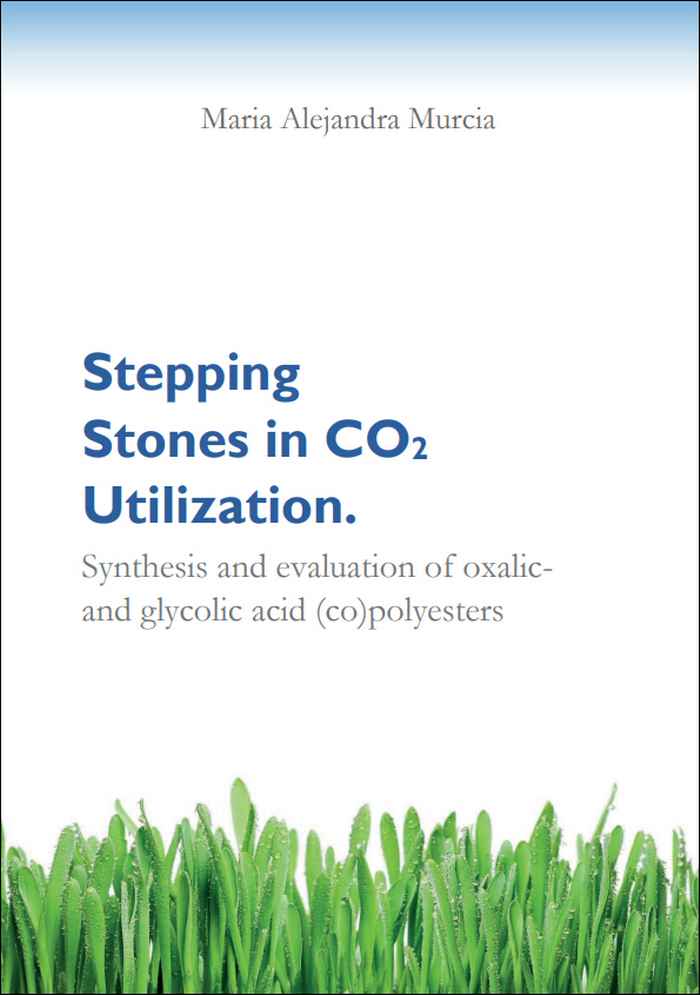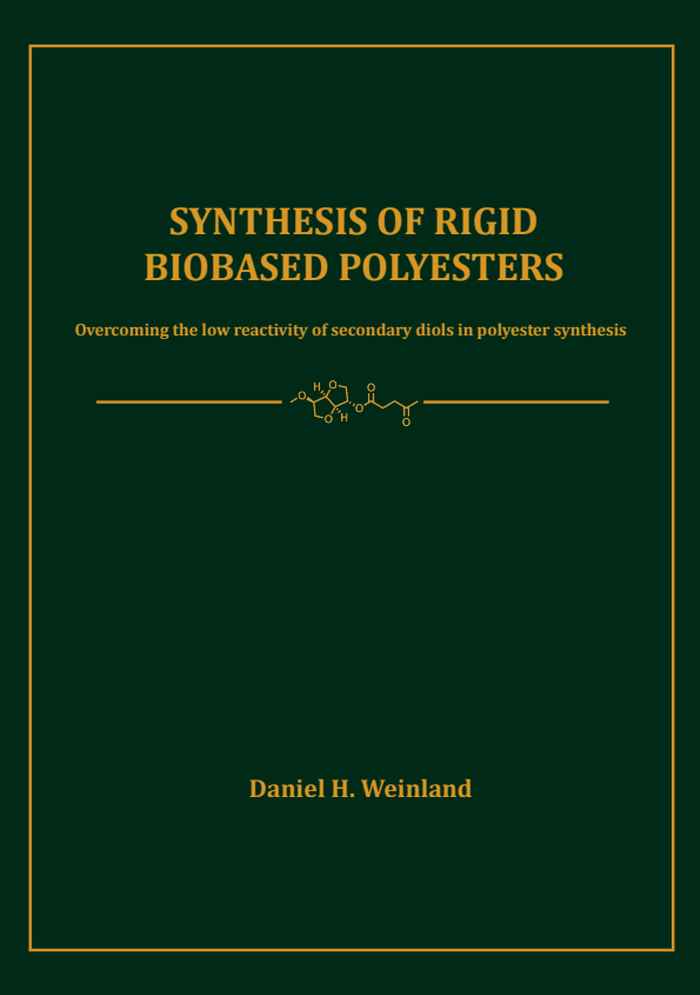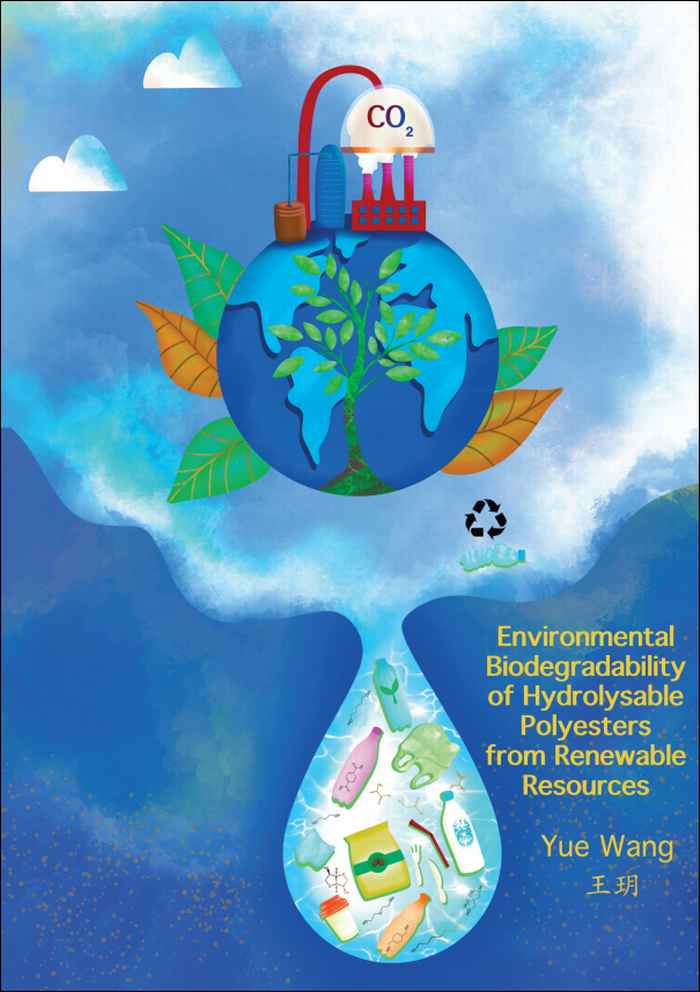Research at ISC
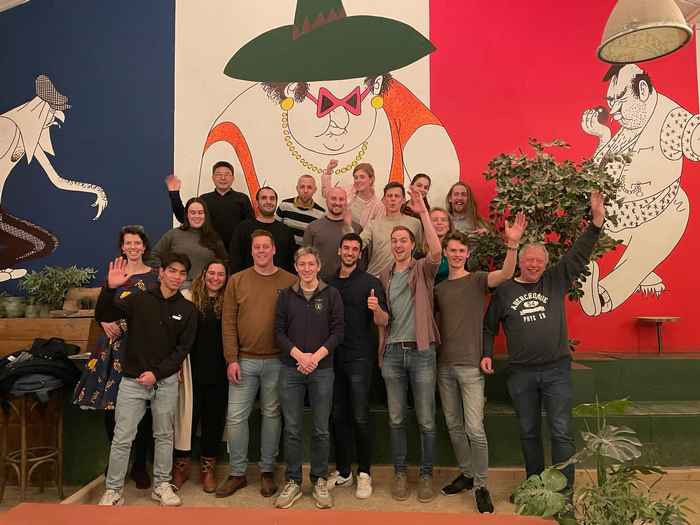
Combining large scale application with sustainability requires these novel polymers to not only compete with fossil alternatives on price and performance, but also to excel with respect to a 'design parameter' that is traditionally not considered very important: their fate in nature. While the polymers should be predominantly non-degradable during their use in most applications, they should be 1-2 orders of magnitude more biodegradable than conventional polymers (such as polyolefins and PET) for which the bio-degradation in nature can take centuries.
Research has shown that polyester (PET) textile garments lose thousands of microfibres upon each washing cycle. These microscopic filaments are not removed in wastewater treatment plants and are emitted to surface water, thus introducing filaments to river systems, oceans, sediments and biota. Though public discussion about synthetic microfibres in the ocean has grown, much is yet unknown about these mono-filaments’ form, amount, distribution, fate and long term effects on all life. The reason for this lies in the fact that the combination of sampling, extraction and analytical methods used for general microplastics research is not suitable for the tiny PET micro fibres/filaments resulting from textile wear, especially during washing. At ISC, in collaboration with prof.dr. Marja Lamoree of the VU (Dept. of Environment and Health) we are developing new methods for microplastic quantification in marine water and sediment.
Recent ISC projects are
- NWO TA project “RIBIPOL” (Novel Rigid Bio-based Polyesters for potential large scale applications), 2017-2023;
- NWO LIFT project “PETHUNT” (Novel method for identification and quantification of PET microfibres in marine environments), 2018-2022;
- NWO KIC project “MIWATEX” (Mixed waste textile) on chemical recycling of both cotton and polyester from mixed (blended) textile waste, 2022-2027;
- European Horizon 2020 project “Ocean” (Oxalic acid from CO2 using Electrochemistry At demonstratioN scale). Oct 2017 - Sep 2022;
- European Horizon 2020 project “IMPRESS” (Integration of efficient downstreaM PRocessEs for Sugars and Sugar alcohols. Sep 2019 – Aug 2023
Polymers are key
Sustainable plastics will play a key role in the transition to a sustainable chemical industry since over 80% of the global chemical production concerns polymers, monomers, and their precursors. If the chemical industry is to meet the target in CO2 footprint reduction of 80-90% in 2050, science will have to successfully develop high potential sustainable alternatives for current fossil-based materials.
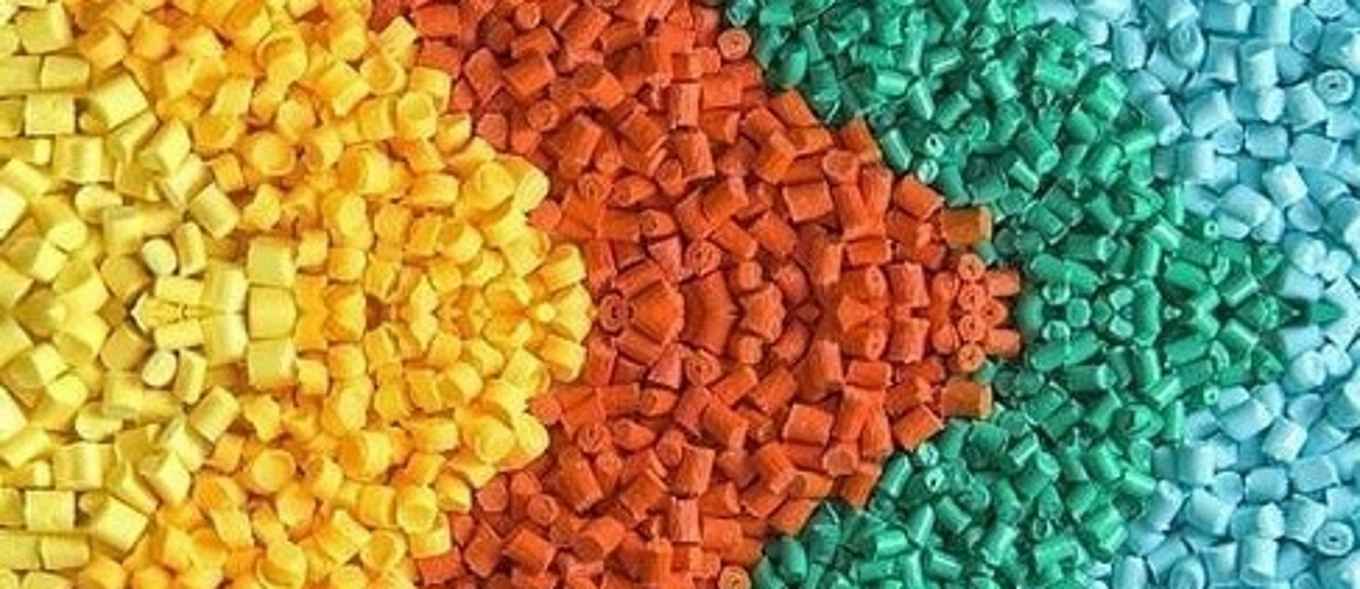
Even without replacing the current annual production of 400 million tons of plastics, there is a huge opportunity for sustainable plastics. Increasing global prosperity will triple the demand for plastics in the coming decades until 2050. It is a huge challenge to meet this demand with bio-based (and CO2-based), low cost, high performance polymers - and thus drive the transition of the chemical industry. But there is no time to waste: these novel sustainable materials will have to be developed NOW!
Market pull
As consumers will eventually determine the rate of market introduction (market pull), we have included the very important component of consumer psychology into our research. We hope to identify marketing and communication methods and tools that can help to accelerate the required transition, and find answers to important questions such as: how can it be that there is such limited “sense of urgency” among consumers today?
PhD Theses
8 June 2023
Author: M. (Maria) V. Zwicker
Supervisors: F. van Harreveld, G.J.M. Gruter
Co-supervisors: C. Brick
Towards process development of oxalic and glycolic acid monomers
30 June 2022
Author: E. (Eric) Schuler
Supervisor: G.J.M. Gruter
Co-supervisor: N.R. Shiju
Synthesis and evaluation of oxalic- and glycolic acid (co)polyesters
20 October 2022
Author: M. (Maria) A. Murcia Valderrama
Supervisor: G.J.M. Gruter
Co-supervisor: R.J. van Putten
Overcoming the low reactivity of secondary diols in polyester synthesis
27 October 2022
Author: D. (Daniel) H. Weinland
Supervisor: G.J.M. Gruter
Co-supervisor: R.J. van Putten
2 December 2022
Author: Y. (Yue) Wang
Supervisor: G.J.M. Gruter
Co-supervisors: R.J. van Putten, A. Tietema
